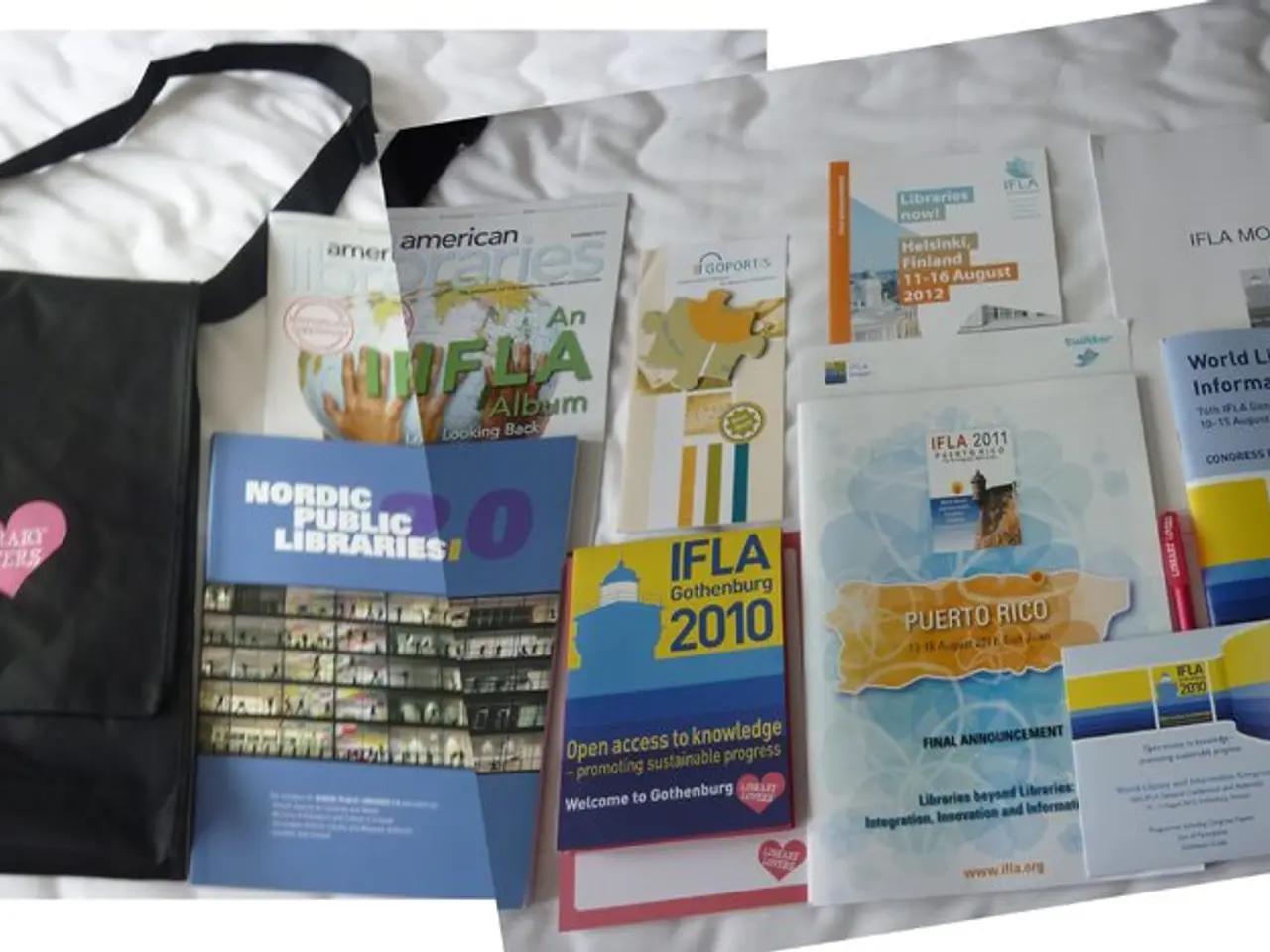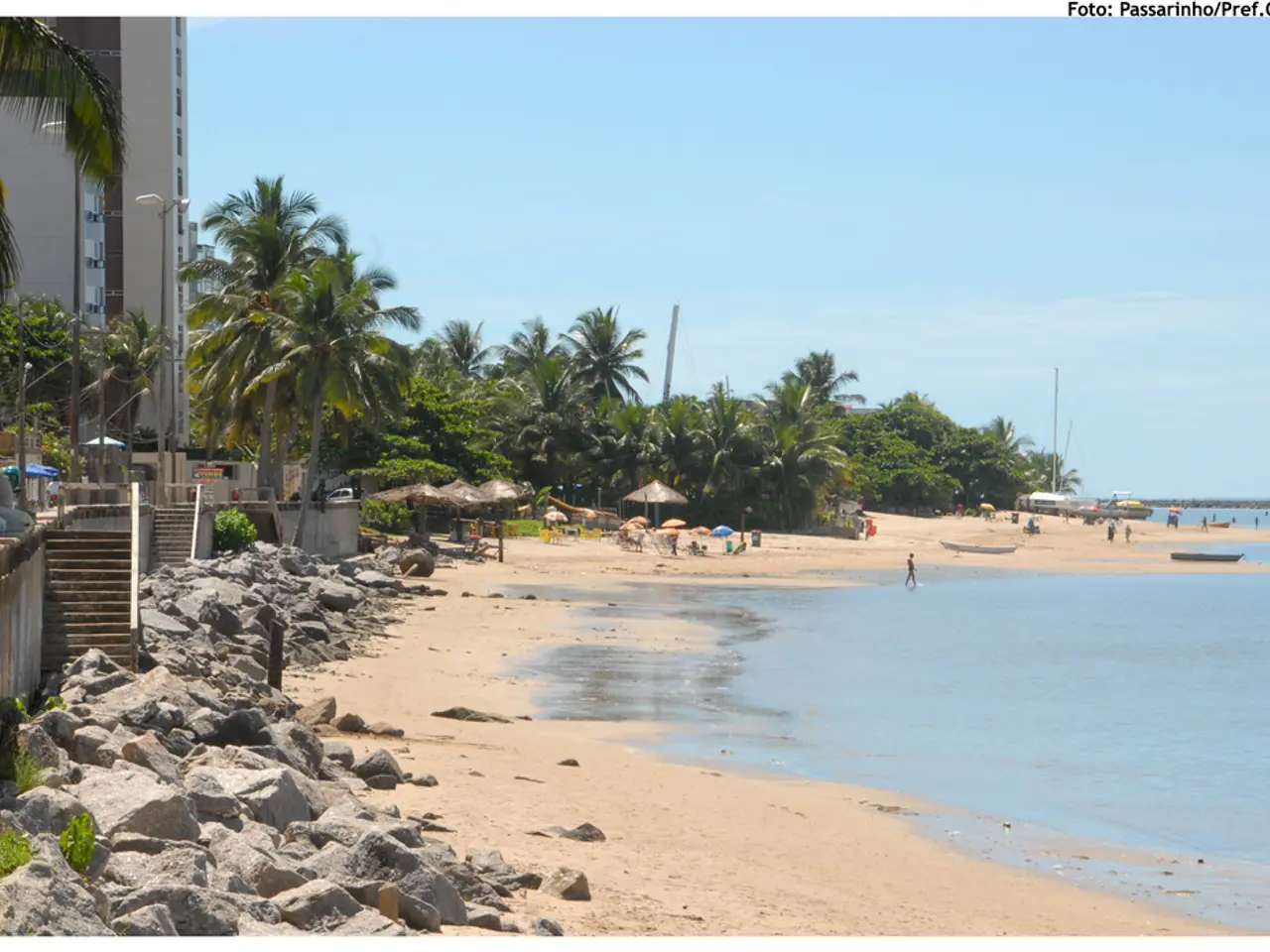Regional authority Castilla-La Mancha deems accommodating 320 minors as "impossible" or "impractical"
In Spain, the distribution of unaccompanied minor migrants is heavily concentrated in border regions, particularly the Canary Islands and Ceuta. The Spanish government aims to address this issue by redistributing nearly 6,000 unaccompanied children from these heavily populated areas to other regions across the country [1]. However, political tensions have arisen, with some regional governments, such as Andalucía, rejecting the central government’s proposal [3].
The Minister of Social Welfare of Castilla-La Mancha, Barbara Garcia Torijano, has not made specific statements regarding the redistribution plan, but the region is likely involved in discussions about hosting redistributed minors. In response to media inquiries, Garcia Torijano has expressed concern about the potential generation of social tension due to improper management of accommodating unaccompanied minor migrants [4].
Garcia Torijano has emphasized the need for accommodation under equitable conditions for minors already attended by the autonomous system. She stressed that the autonomous communities "cannot absorb more minors without funding that covers all their needs, including those derived from their transition to adult life" [4]. Garcia Torijano cited the rejection movements in Torre Pacheco as an example of this potential tension [4].
The minister has defended Castilla-La Mancha's willingness to collaborate in solving the migratory crisis, especially regarding the situation in the Canary Islands. However, she demanded that sufficient additional funding be guaranteed for a dignified, safe, and sustainable accommodation in the long term [4]. Garcia Torijano stated that Castilla-La Mancha is willing to collaborate, but only if a dignified, safe, and sustainable accommodation in the long term is guaranteed [4].
Castilla-La Mancha already accommodates unaccompanied minors who arrive through other routes or from nearby communities. Last year, by the end of 2024, 174 minor migrants were accommodated by the region [5]. The regional minor protection system in Castilla-La Mancha has 560 places and is currently at 98% occupancy [5].
Garcia Torijano has expressed her hope that the Ministry will listen to the autonomous proposals during the sectoral conference scheduled for this Thursday. She also criticized the royal decree-law that regulates the distribution of unaccompanied minor migrants among the regions, stating that it has not been agreed upon or adequately funded [4]. The minister reiterated her opposition to the decree, stating that it was approved "without dialogue with the autonomous communities" and without considering proposals such as the one presented by Castilla-La Mancha in February [4].
Garcia Torijano concluded by stating that Castilla-La Mancha is willing to help, but not at any price. She emphasized that facing the challenge with an 80% reduction in the budget compared to previous years is not acceptable [4]. The minister also warned of a "worrying broth of xenophobia and racism" being generated [4].
This redistribution effort is part of broader initiatives to better manage migrant arrivals and ensure the welfare of vulnerable children across Spain. The central government's plans to redistribute unaccompanied minors aim to alleviate pressure on the entry zones and provide a more equitable distribution of resources [1]. However, the political tensions surrounding this approach remain a significant challenge.
Barbara Garcia Torijano, the Minister of Social Welfare in Castilla-La Mancha, has expressed her support for the central government's plans to redistribute unaccompanied minors, but she has raised concerns about proper funding and equitable conditions for accommodating them. She has also criticized the royal decree-law regulating the distribution of minors and emphasized the need for a dialogue with autonomous communities. Garcia Torijano also warned of potential social tension, and a concerning rise of xenophobia and racism, emphasizing that her region is willing to help, but not at any price. The Spanish government's policy-and-legislation surrounding this issue is crucial, and it shows the intersection of politics and fashion, as general-news outlets continue to discuss the redistribution plans and their implications.







